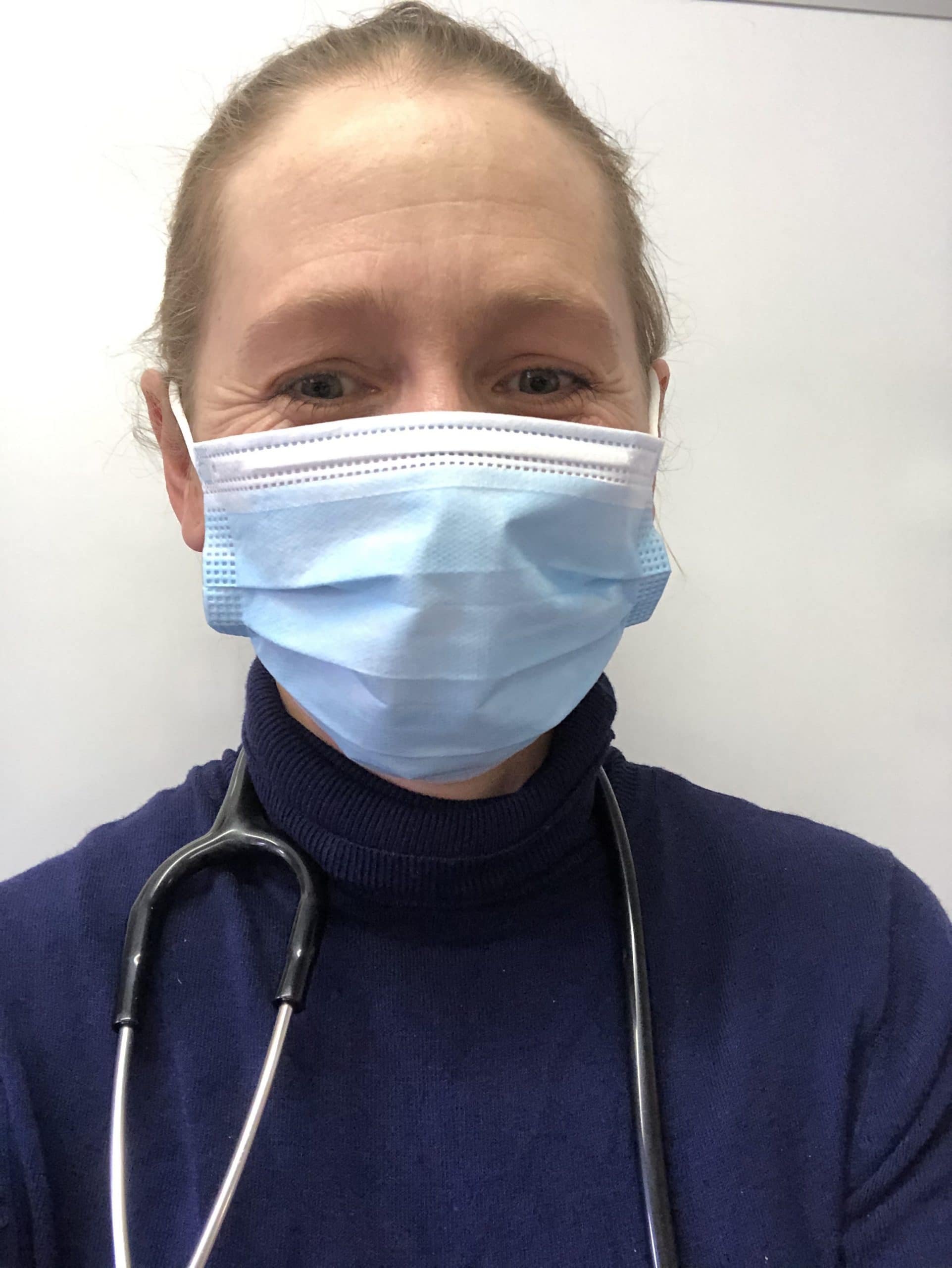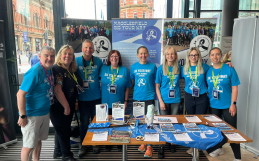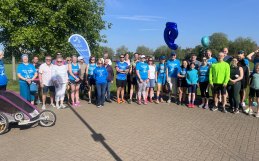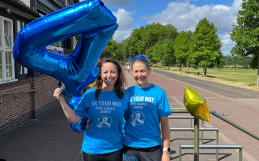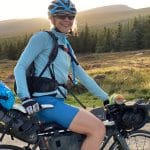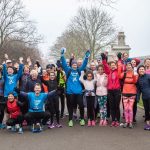Watching my cancer patients go through treatment alone is heartbreaking
An article I wrote for the Guardian newspaper, published 29 October 2020
In March, just before the UK locked down, I speculated about the challenges Covid-19 might pose to people undergoing cancer treatment. Now, with apprehension building as we dive headfirst into the second wave of Covid-19, I reflect on my past seven months as an oncologist. There is no doubt that 2020 has made life for those living with cancer even harder. It’s also become tougher for those of us who work in cancer care.
We’ve had to adapt our communication skills. For some patients, the shift to phone consultations is a welcome change. For others, a phone call removes the small talk part of consultations, where doctors and patients get to know each other. A physical examination tells us more about our patients than the physical findings alone. The silences we so often employ in face to face conversations, generally intuitively without conscious thought, are awkward on the telephone. Video consultations are better, but do not equate to real life. We would never normally start difficult, life-changing conversations with the words: “Can you hear me?”
Learning to communicate behind a mask, without touch, has been hideous. It’s hard to describe how difficult it is to tell someone their treatment has stopped working, standing two metres away with facial expressions hidden. I hadn’t appreciated just how important non-verbal cues are until they were taken away. Asking difficult and important questions has become harder, so much so that I’ve sometimes subconsciously avoided them.
One day in the summer, the specialist nurse I work with and I had to tell a teenager and his parents his treatment had stopped working and there were no more options. There is never an easy way to do this, but we did our best to deliver this impossible news compassionately, in the quiet room on the teenage young adolescent ward, albeit behind masks.
Some time later, his mother and I went to the roof terrace to talk more. I suggested that maybe, since we were outside, we could take off our masks. For the first time in months, I felt we could speak like humans; I could express properly, from my heart, how much I wished I could have done more to help her son. As she stood up to leave we hugged. For me, this hug said more than any words ever could. This is what oncology used to be like. This is the oncology I yearn for.
One of the things I’ve found hardest has been watching people go through cancer treatment on their own, without the support of friends and families. Imagine spending three months in hospital undergoing intensive chemotherapy without your wife and children being allowed to visit. Imagine getting the phone call that your husband has become so overwhelmed by cancer that doctors have had to put a tube into his airway to help him breathe, but not be able to visit.
Imagine being in your early 20s, knowing you have just a few months to live, and making the difficult decision to try chemotherapy in the hope that it will extend your life just enough for you to spend some weekends with friends when lockdown ends. And then discovering the chemotherapy hasn’t worked, and you’ve spent your final few months in and out of hospital, alone, without the opportunity to do the things that made you happy.
Imagine being so scared of coronavirus that, even though you’ve finished your treatment, you’re terrified to leave your house to take your children to the park. Or being told that you might die, but not being allowed visitors until you’re days from death. Imagine, in your 30s, going to a hospice as a bridge to dying at home and not being allowed visitors even there.
Imagine watching this heartache week in, week out.
Early on in the pandemic, we were asked to prioritise cancer treatments from priority one (curative treatment) to priority six (non-curative treatment with a small chance of palliation or temporary tumour control). So far I’ve been lucky. Where I work, we were never so limited by capacity that we had to use this categorisation to prioritise treatments.
I may have had to advise against some treatments we would usually recommend. That’s because we now consider the risks outweigh the benefits. But I never had to tell a patient I was not able to offer treatment because we didn’t have the resources to provide it. Some colleagues elsewhere were not as fortunate. As we enter Covid round two, this is again a real fear for all of us, particularly as increasing numbers of us have to isolate.
The NHS does not have the spare staff capacity to deal with excessive absences. I dread the day that I have to tell a patient I can’t offer them a treatment because there are not enough pharmacists to make it, or enough chemotherapy nurses to deliver it. I hope this day never comes.
The NHS has learned from Covid round one. We know more and we’re better equipped. But we’re also tired. The three-month reprieve in the summer has allowed us to recharge our emotional batteries somewhat, but we are far from 100%. If we started round one fresh, motivated and full of adrenaline, we enter round two tired, perhaps even jaded.
We’ve only just finished one marathon. We’re not yet ready to run another. But we will get through this. People always do. Day in, day out, our patients show us the extraordinary psychological strength of humans thrown into adversity.
https://www.theguardian.com/society/2020/oct/29/watching-cancer-patients-treatment-alone-heartbreaking
